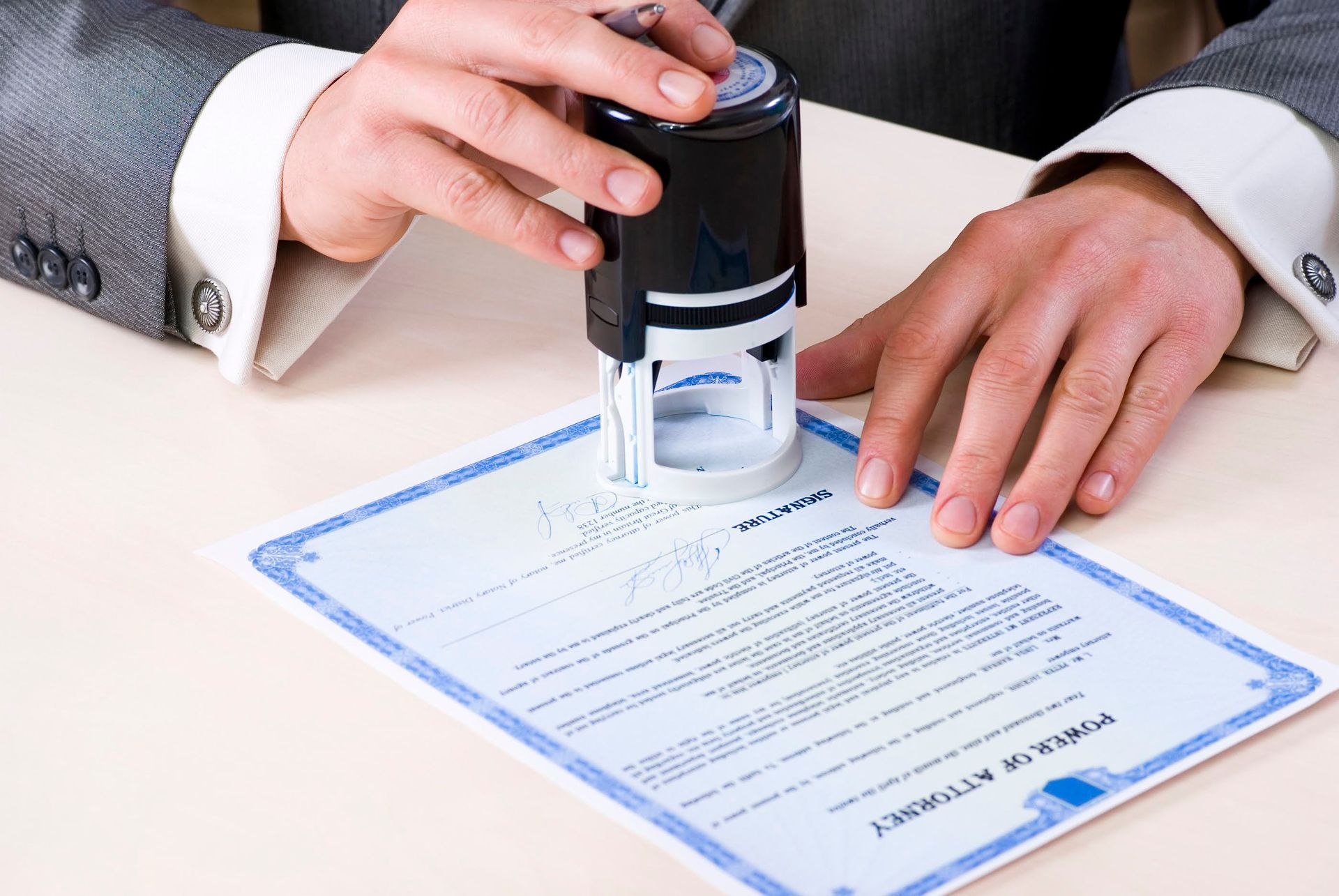CALL TODAY!
1509 Sun City Center Plz, Ste B, Sun City Center FL 33573
503 W Platt Street,Tampa, FL 33606
Blog Post
Things to Consider When Choosing a Health Care Surrogate
Admin • March 22, 2021

When preparing your estate documents, don’t forget to designate a health care surrogate. You will need the surrogate to make health decisions on your behalf if you are incapacitated. Below are considerations to help you choose a good health care surrogate.
Availability
Your health care surrogate should be easy to contact because you don't know when you might need their services. The surrogate should be available in terms of both location and time. For example, the surrogate should not be so busy with their life or work to the extent that they can't spare some time to consult with your doctor.
Similarly, you shouldn't choose a surrogate who is mostly out of the country. Even when you don't need the surrogate's physical presence, they should be reachable via phone, and this is not always guaranteed for those outside the country.
Physical and Mental Ability
Your surrogate should have the ability to handle the tasks expected of them. Duties of a health care surrogate include:
• Consulting with your physicians on your health or medical conditions
• Making health care decisions on your behalf
• Applying for health care benefits on your behalf
• Managing the administrative duties of getting you admitted to health care facilities
Choose someone who has the physical and mental ability to handle these tasks. For example, your surrogate should not be suffering from mental illnesses that can hinder their decision-making abilities.
Ability to Pay Attention to Detail
Consider a person who pays attention to detail as your healthcare surrogate. There might come a time when the surrogate has to:
• Read medical documents
• Scrutinize the small prints on medical forms
• Make legal applications (for example, for public health benefits)
In such cases, your best bet is someone who doesn't gloss over the small stuff.
Dependability
A good health care surrogate should be someone you can depend on to keep their word. You don't need someone quick to say yes but slow to keep promises. For example, if the surrogate promises to evaluate all treatment options before deciding on the best one, they should do just that if the time comes for it. Therefore, you should know your surrogate well.
Tenacity
Being a health care surrogate is not easy. Your surrogate might differ with the opinions of others involved in your healthcare, such as:
• Your family members
• Your friends
• Government officials
You need a person who doesn't buckle under pressure. The surrogate should stick to their convictions or decisions and only change their mind when presented with irrefutable contrary evidence.
Familiarity With Health Issues
You don't have to choose a doctor as your health care surrogate, but having a person with some knowledge of the medical field or industry is helpful. A social worker or nurse, for example, may be able to understand medical concepts faster than others without connections to the health industry. At least, your surrogate should be a quick learner and open-minded.
Communication Skills
You should also consider a good communicator for your surrogate. The surrogate doesn't need award-winning public speaking skills, but the person you choose should be able to communicate your preferences and their decisions with ease. For example, someone who prefers speaking via grunts or headshakes might not be the best health care surrogate.
Willingness
None of the above qualities will help if your health care surrogate isn't willing to handle their responsibilities. You should talk to your potential surrogate and get their permission before designating them as such. Help the surrogate make an informed decision by explaining what you require of them.
Donald B. Linsky & Associate PA has decades of experience in estate planning. We can help you make your advanced care directives, as well as help with other aspects of estate planning. Contact us
for a consultation to start your estate planning process.
Share
Tweet
Share
Mail
CONTACT INFORMATION
1509 Sun City Center Plz, Ste B
Sun City Center FL 33573
Sun City Center FL 33573
OUR LOCATION
Content, including images, displayed on this website is protected by copyright laws. Downloading, republication, retransmission or reproduction of content on this website is strictly prohibited. Terms of Use
| Privacy Policy












